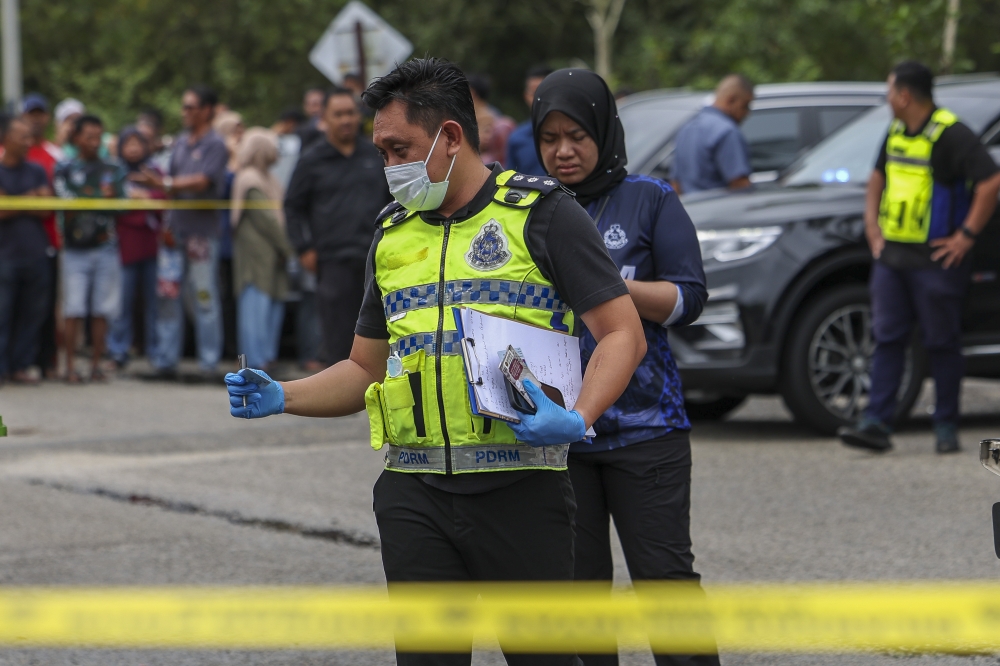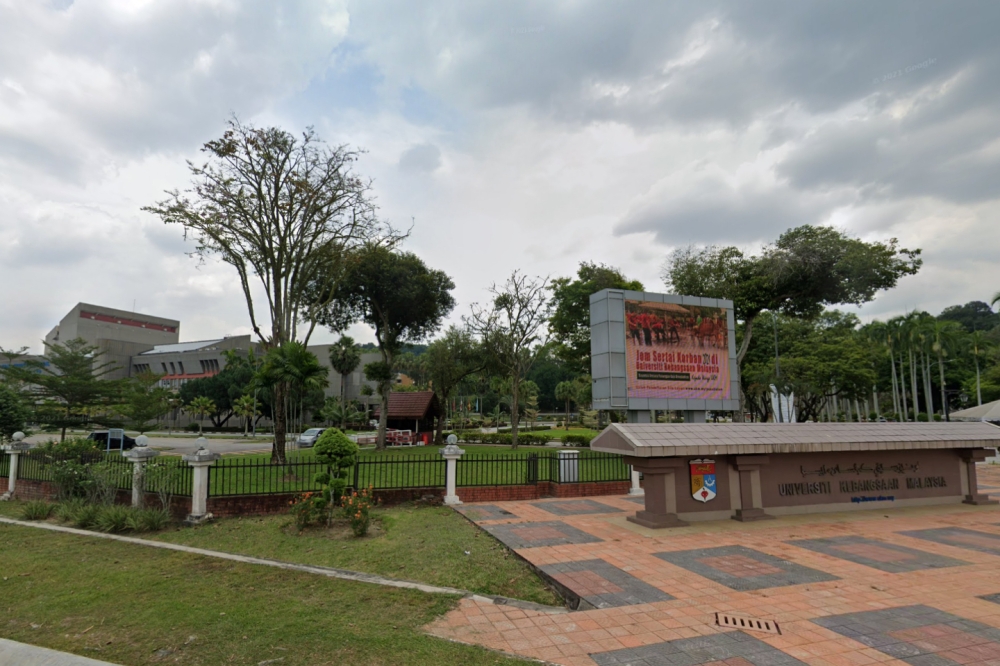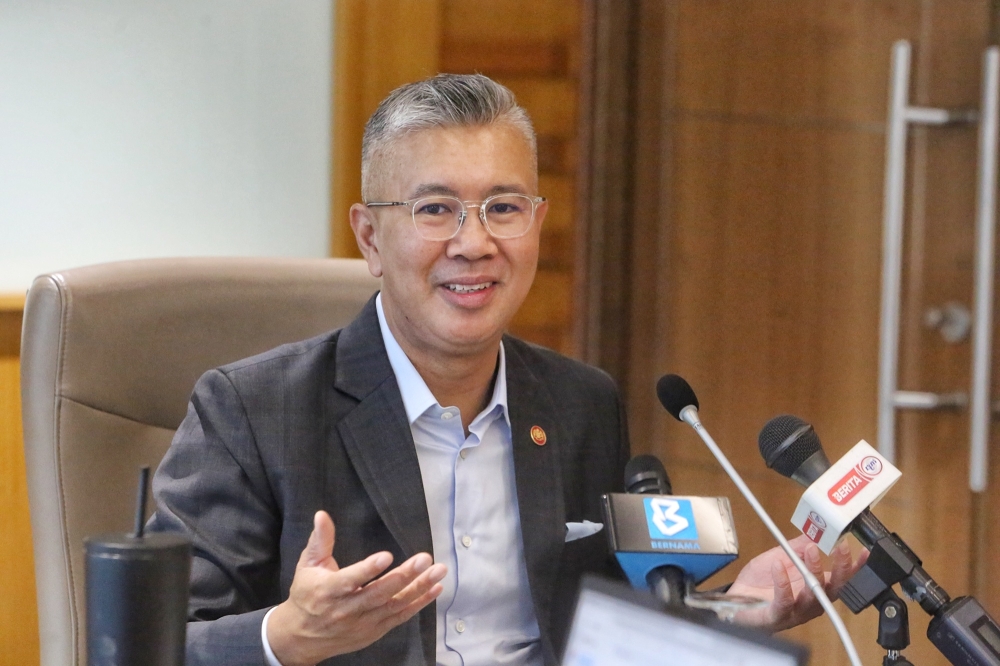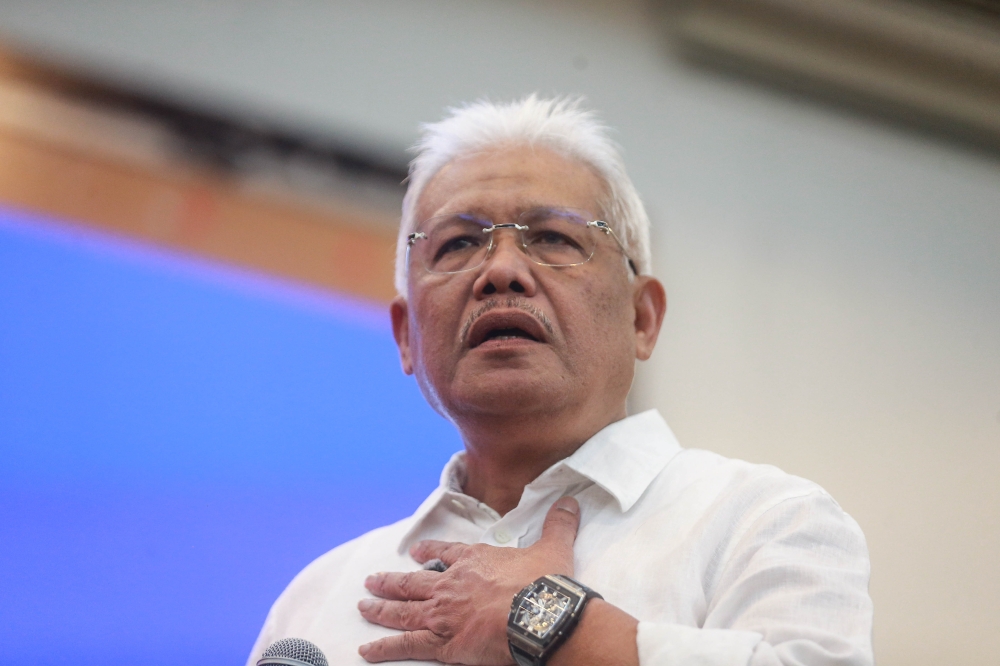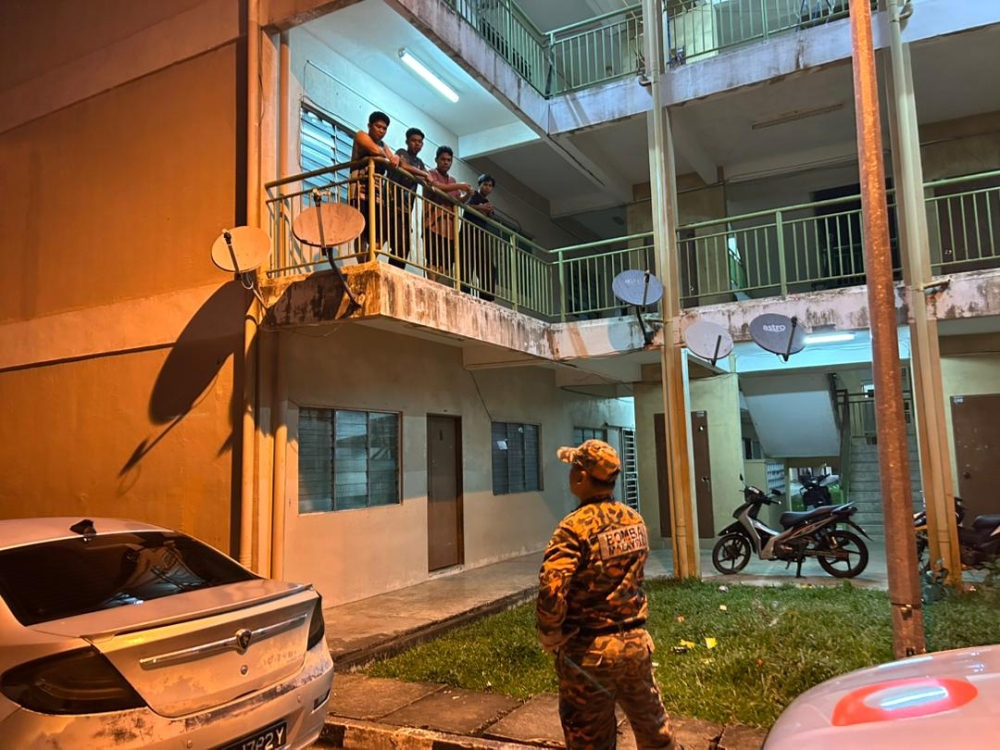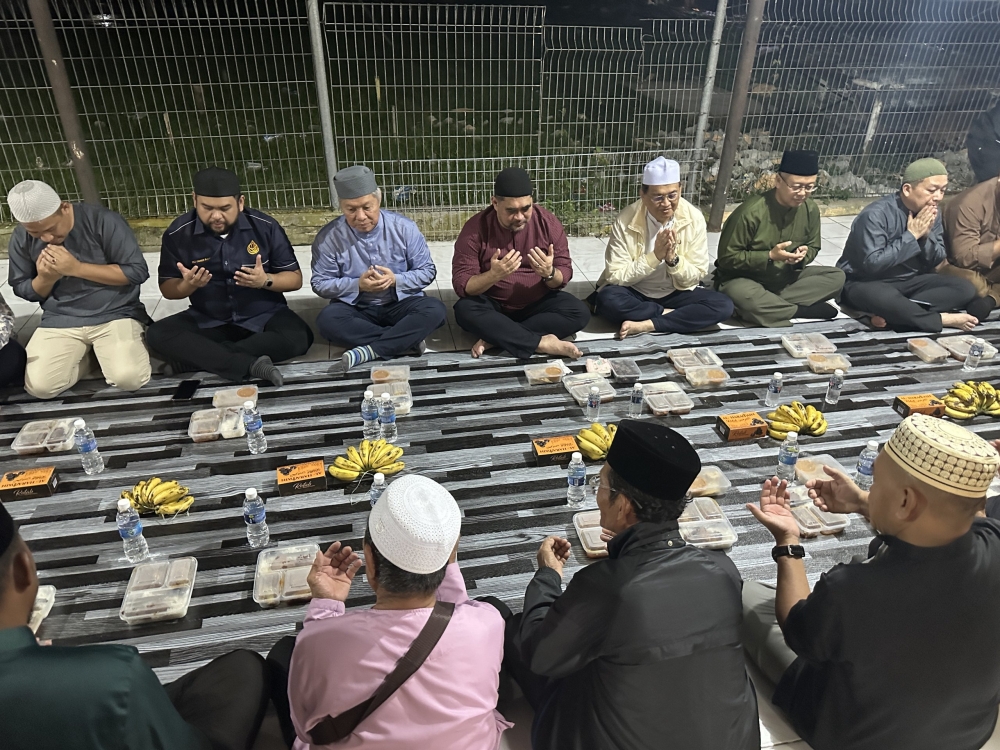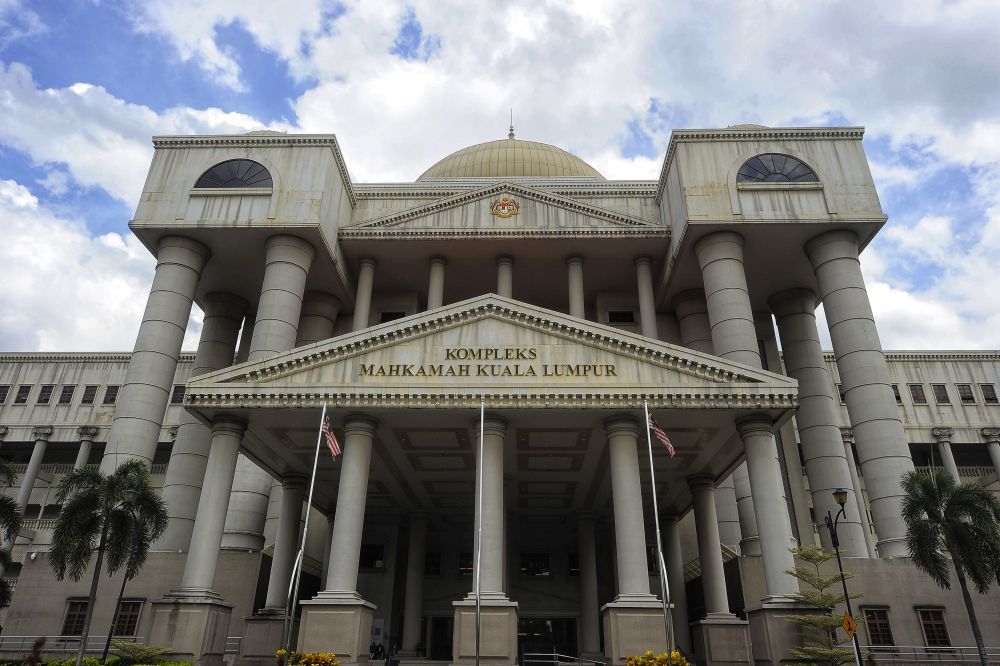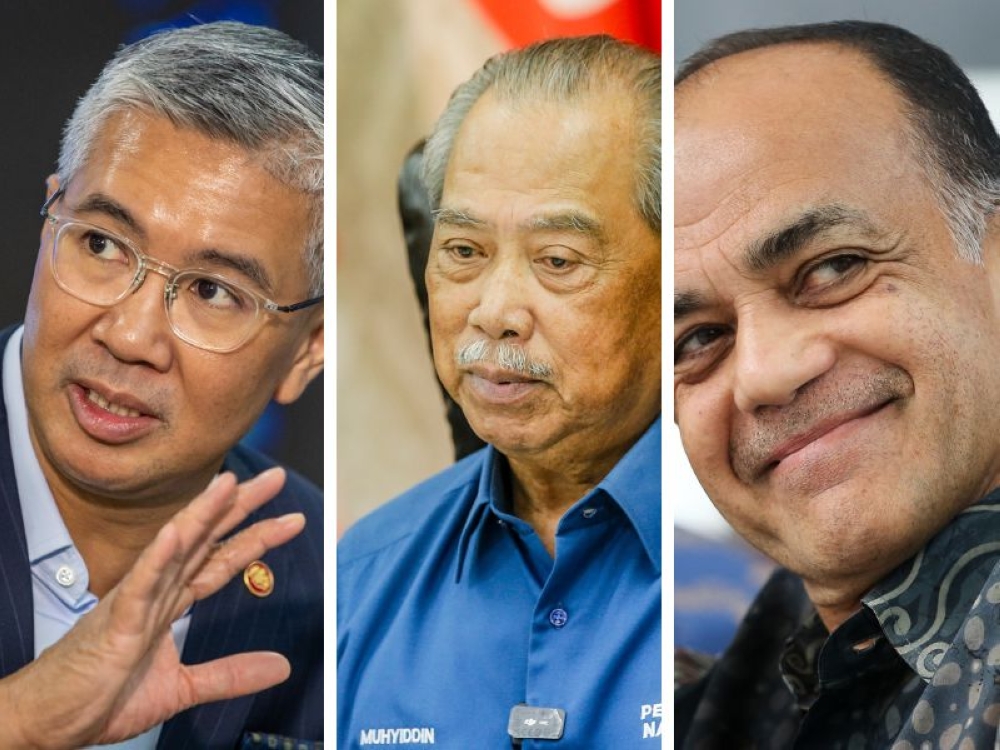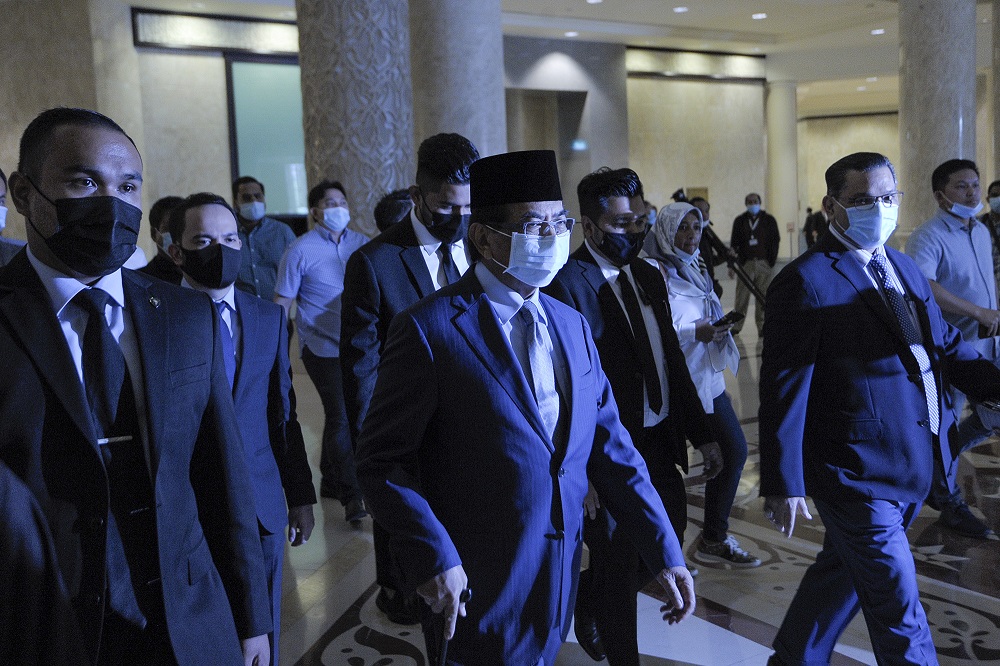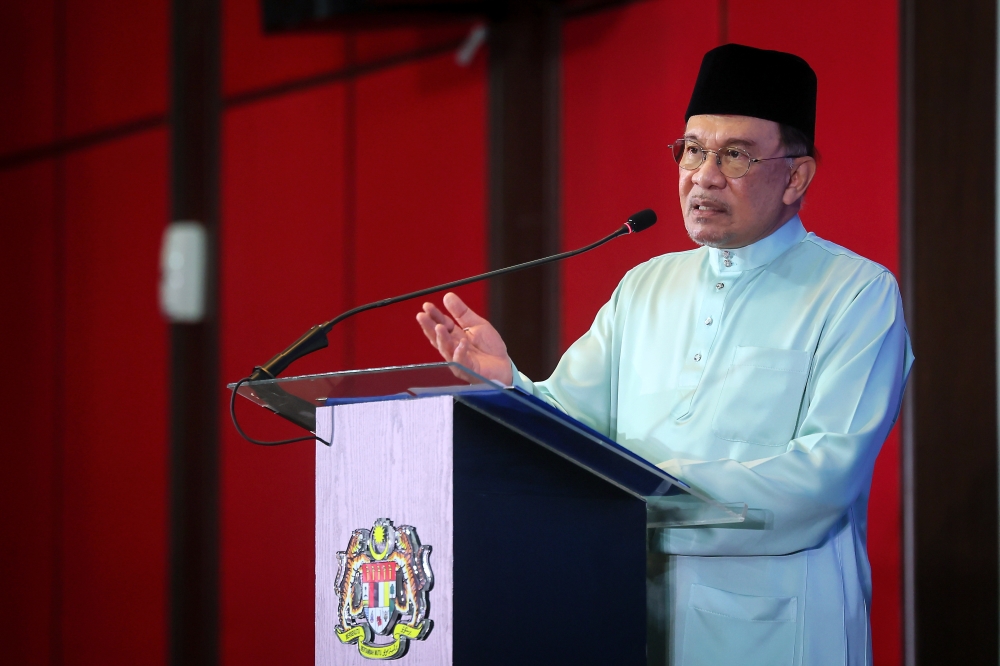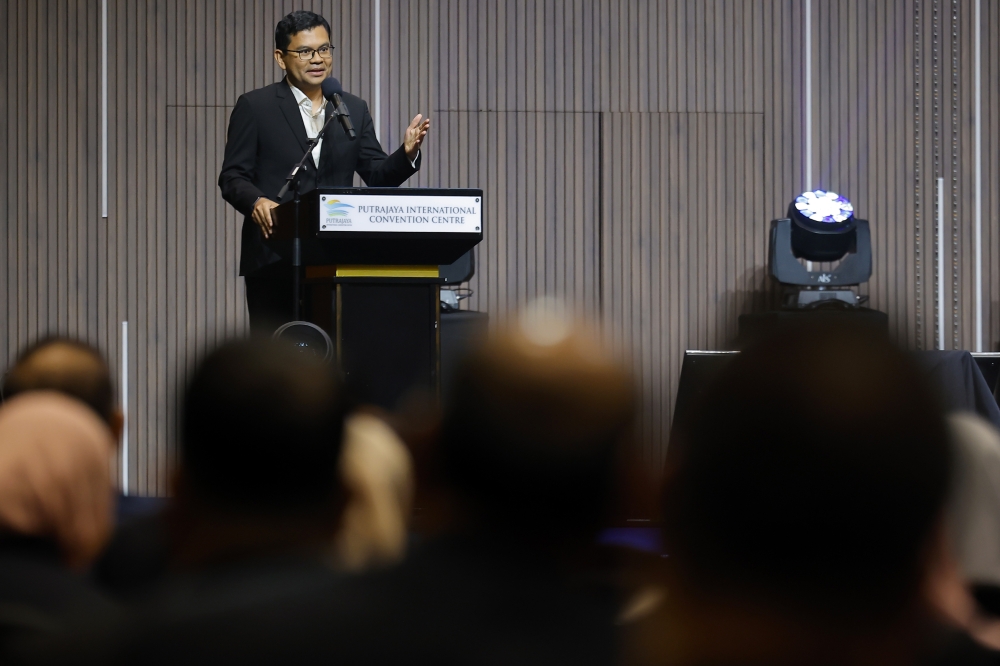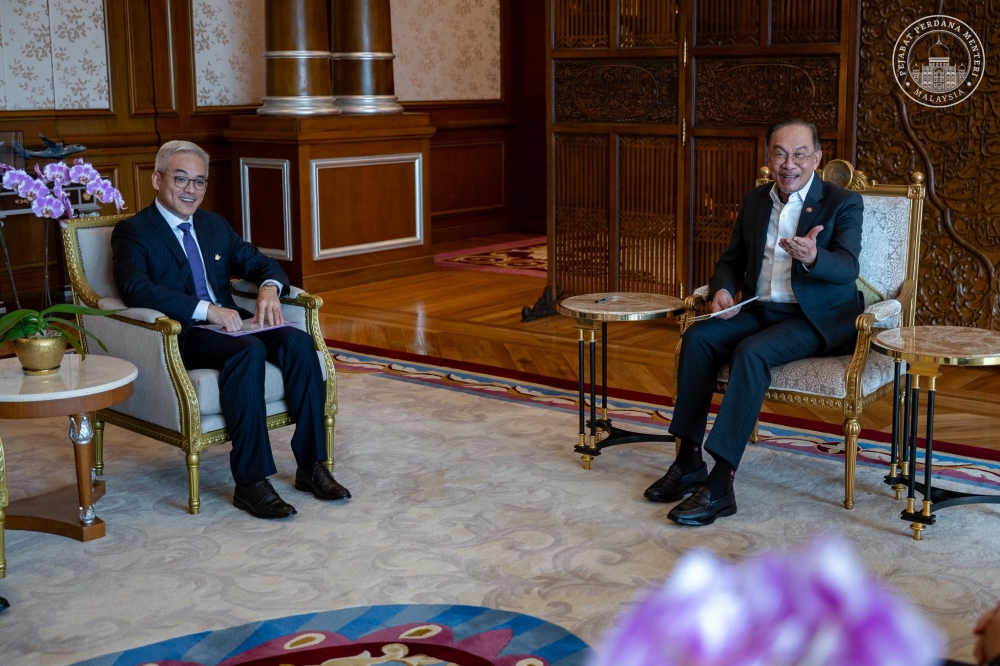PUTRAJAYA, Sept 8 — The Court of Appeal today dismissed former Sabah chief minister Tan Sri Musa Aman’s appeal against his previous failed bid for leave to initiate a judicial review against the state assembly’s dissolution.
A three-judge bench consisting of Datuk Abdul Karim Abdul Jalil, Datuk Abu Bakar Jais and Datuk Supang Lian today dismissed the appeal by Musa and 32 others on the grounds that the courts are not to interfere with matters decided upon by state leaders, such as the dissolution of state legislative assembly.
“We take the view that the TYT(Yang Di Pertua Negeri) had correctly exercised his discretion within the provisions of the Sabah Constitution to dissolve the Sabah state assembly and issue the proclamation (of the dissolution) on July 30, 2020.
“We are of the confident view that there is no appealable error made by the learned JC (judicial commissioner) in deciding that the matter before the High Court is non-justiciable and therefore not admissible to a judicial review,” read Abdul Karim.
“We are of the view that when it comes to the subject of the dissolution of the state assembly, as in the present case, the courts are in no position to interfere with the decision made to dissolve the state,” he added.
Today’s decision upholds a prior dismissal for leave by Judicial Commissioner Leonard David Shim at the Kota Kinabalu High Court on August 21.
“We therefore dismiss the appeal and affirm the decision of the learned JC,” Abdul Karim said, adding no demands for costs were made.
The bench later also dismissed an oral application by Musa’s counsel Datuk Firoz Hussein Ahmad Jamaluddin for a stay of matters and the decision, including the election.
Musa, who was in court when the judgment was read, left the courtroom immediately without commenting.
This means the Sabah state elections, beginning with Nomination Day this Saturday and polling on September 26, will proceed as scheduled.
The leave application was filed by Musa and 32 other Sabah assemblymen in Kota Kinabalu last month, aimed at obtaining a judicial review over the dissolution of the state assembly.
The respondents named in the suit were Sabah Yang di-Pertua Negeri Tun Juhar Mahiruddin, caretaker chief minister Datuk Seri Shafie Apdal, the Sabah state government and the Election Commission (EC).
Besides Firoz, Tengku Fuad Ahmad was also present for Musa and the other assemblymen, who are contending the legality of Shafie’s advice to Juhar and the resulting issuance of the government gazette and writ of election.
Sabah Attorney General Brenndon Keith Soh, alongside Dayangku Fazidah, and Chee Chun Yen represented Juhar and the state government, with Datuk Cyrus Das representing Shafie, the EC represented by senior federal counsel Suzana Atan and S. Narkunavathy.
Apart from Musa, the other applicants named in the suit are; Datuk Bolkiah Ismail, Julita Mojungki Ismail, Datuk Lasiah Baranting Anita, Datuk Haji Musbah Haji Jamli, Datuk Japlin Akim Abd Hamid, Datuk Jahid Noordin Jahim, Datuk Seri Panglima Haji Hajiji Haji Noor, Datuk Joniston Lumai Bangkuai, Kenny Chua Teck Ho, Datuk Gulamhaidar Yusof Khan Bahadar, Datuk Mohd Arifin Mohd Arif, Datuk Isnin Aliasnih Liasnih, Datuk Limus Jury, Matbali Musah, Datuk Dr Joachim Gunsalam, Datuk Seri Panglima Haji Masidi Manjun, Datuk Abidin Madingkir, Datuk Dr Gapari Katingan Geoffrey Kitingan, Robert Tawik Nordin, Jamawi Jaafar, Datuk Ellron Angin, Bobbey Ahfang Suan, Datuk James Ratib, Abdul Rahman Kongkawang, Datuk Masiung Banah, Datuk Saddi Abdul Rahman, Datuk Osman Jamal, Datuk Nizam Datuk Abu Bakar Titingan, Datuk Hamisa Samat, Datuk Abd Muis Picho, Jaffari Waliam and Loh Ee Eng.
Earlier, during the second day of submissions, Das had argued that Shafie’s letter to Juhar prompting him of the political situation in Sabah had contained all the necessary ingredients required for the TYT to exercise his discretion as the constitutional leader of the state to proclaim the dissolution.
He addressed a point previously raised by Musa’s counsel Firoz, that Shafie’s letter to the TYT had cited a non-existent Article of the Sabah State Constitution when advising in favour of the dissolution, saying how the contents and heading of the letter itself would have made his intentions clear.
“The captions and contents of the letter could leave no doubt as to the objective of the letter which is to request for a dissolution on the advice that the state is facing political instability.
“Substance prevails over form,” Das said after submitting that the wrongly cited Article within the letter was just a typographical error.
Das submitted how previous Federal Court judgments that favoured the argument of leaders of state wielding absolute discretionary powers over the dissolution of its state assemblies had already set a precedent for the courts to guide them when making a judgment.
In particular, Das referred to the Apex Court’s decision in the 2009 Perak constitutional crisis that saw judges rule in favour of state leaders wielding absolute discretion when deciding whether or not to dissolve the state assembly.
“The decisions by the Federal Court, especially in the Perak Case, puts this case on a higher platform, insulating and immunising the actions of the YDPA (Yang di-Pertuan Agong) or heads of states from any judicial enquiry,” he said.
Das said such powers wielded by leaders of states, be it by the Yang di-Pertuan Agong, Sultans or TYTs, are contained and provided for in the Federal Constitution.
He reiterated that such provisions concerning the parameters of the leaders’ absolute discretion within the Federal Constitution was later mirrored onto state constitutions and carries the same consequence across the board.
Das then said the argument made by Musa’s lawyers that having state-wide elections during the Covid-19 pandemic should be avoided was a “desperate” attempt to stop the “constitutional mechanisms and timelines” that have started, referring to procedures of the upcoming elections.
“We had two by-elections, Singapore recently had their general election, more than 200 million people are going to vote in November in the US general elections, and Sabah there are 1.1 million people.
“Certainly, a fact that should be considered is that a pandemic cannot stop the constitutional timeline,” he said.
Suzana also submitted today, in a similar tone as Das, when she stressed that it was the TYT’s absolute discretion to dissolve the state assembly.
She also submitted that the JC at the High Court had rightfully judged the matter as non-justiciable and not able to obtain leave for a judicial review.
Firoz in response today again took the position that the actions of the TYT are justiciable and that the level of discretionary powers differ from those afforded to Malay Sultans.
He submitted that Juhar, as the TYT, should have withheld the advice from Shafie after being made aware of his loss of majority support, and of the political instability hovering over the state.
Firoz also argued that within the Sabah Constitution, the words ‘request’ and ‘advice’ used in the context of seeking to dissolve the state assembly, carried two different consequences and connotations.
He said Shafie, at the point he advised Juhar, should have instead invoked Article 7(1) of the Sabah Constitution and vacated his position as chief minister, before advising and prompting the TYT to appoint the next suitable candidate.
“The question will then be whether or not he, the CM, at that time had the competence and capability of giving advice in a circumstance that we say has lost the support of the majority,” he said.
Firoz again pointed out Shafie’s letter which he suggested should be deemed defective, saying the consequences it carries are of great effect, especially to the people of Sabah.
“One must not forget that it may be a simple letter, but the consequences on the people of Sabah are tremendous; it dissolves the whole government and precipitates an election.
“There is no such thing as absolute power, there is discretion. This is a democracy, it is the rule of law.
“The importance of this case is to ensure the rule of law is upheld.
“Why are the 33 assemblymen here? They are here to uphold the law and the Sabah Constitution. If there is a dissolution, it must be according to the law,” he added, before judgment was delivered about an hour later.



